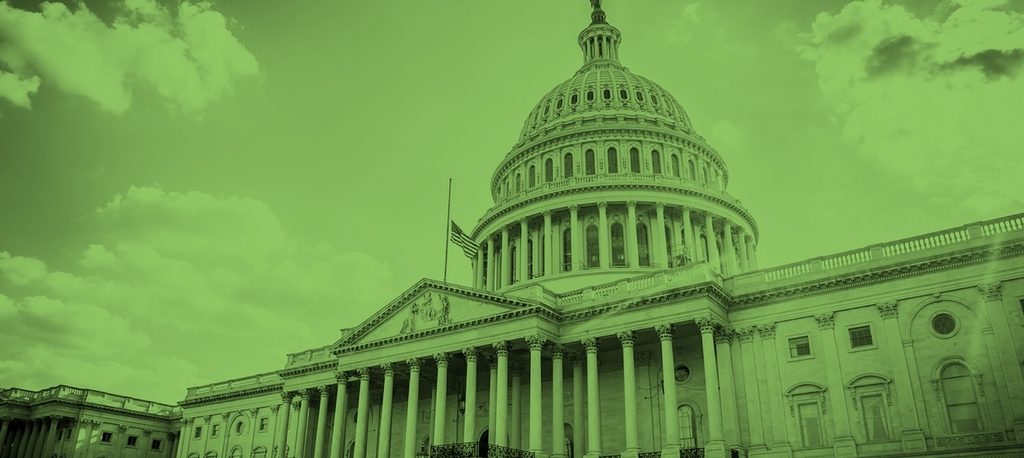During October, nine policy analysts published reports about what occurred in Arizona, Maryland, Nebraska, New York, Oklahoma, Oregon, Pennsylvania, Texas, Washington, and Wisconsin.
ESSA (Every Student Succeeds Act)
Maryland: Cheryl North reported that Maryland approved its consolidated ESSA state plan and submitted it to the US Department of Education for approval.
New York: Derek Kulnis noted that the ESSA plan that New York submitted reflects a change from a punitive approach to a supportive one.
Pennsylvania: In Pennsylvania’s Response to ESSA, Aileen Hower outlined the governor and secretary of education’s intent to reduce testing, review track factors, and focus on college- and career-ready goals.
PreK–12
Arizona: Tricia Parker listed the bills from Arizona’s 2016 Legislative Session that passed despite opposition from the Arizona Education Association, including a bill replacing “teacher” with “person,” in state statutes, expansion of the private school voucher program, and funding that “does not reflect a significant investment in education.”
Nebraska: Gretchen Oltman reported that fewer students in the elementary grades were meeting language arts standards. However, she wrote that 54 percent of all juniors who were required to take the ACT were on track to succeed in college English coursework. Gretchen shared that US Secretary of Education Betsy DeVos visited a private university and three K–12 schools, one private, one Catholic, and one a specialized public school.
New York: Derek Kulnis noted that New York changed its teacher certification process to address racial bias and diversity. He also wrote that New York is replacing its Common Core standards with the Next Generation Learning Standards.
Oklahoma: Claudia Swisher describes the professional development challenges faced by rural educators.
Higher Education
Oregon: Cornelia Paraskevas highlights a number of issues and pieces of legislation affecting access and affordability for college students, including tuition-free community college, transferring AP scores of 3 and above for college credit, and transferring credits between community colleges and public universities.
Washington: Amanda Espinosa-Aguilar describes the controversy at Evergreen State College in Olympia regarding a professor’s refusal to absent himself from campus during the annual “Day of Absence,” deeming it an “act of oppression.”
Wisconsin: Donna Pasternak listed the many ways the state legislature “softened certification requirements for teachers,” including restoring lifetime teaching licenses without the requirement of professional development, removing tests and GPA requirements to enter teacher education programs; allowing college faculty to teach high school without K–12 teaching licenses; allowing virtual teachers to be certified in their home states; and allowing individuals with associate degrees to serve as short-term substitutes.

